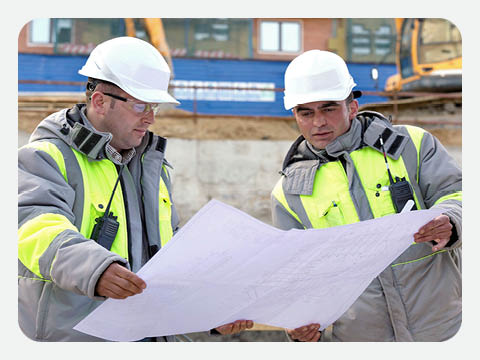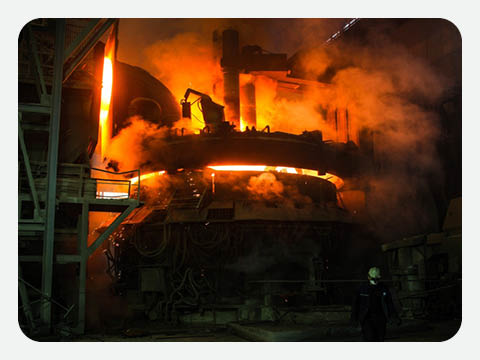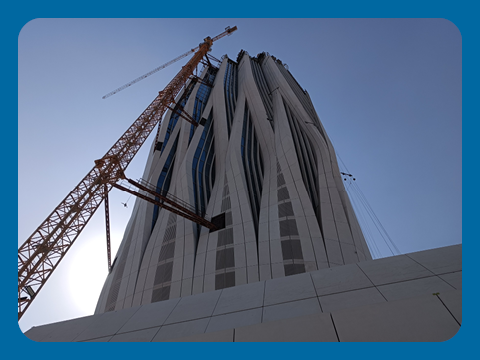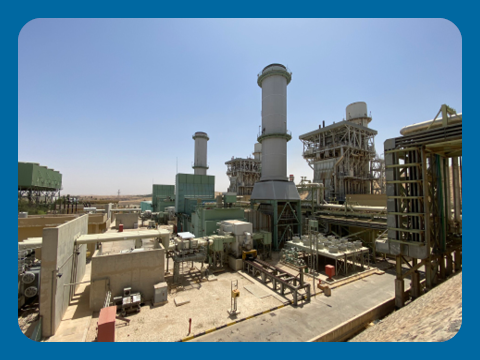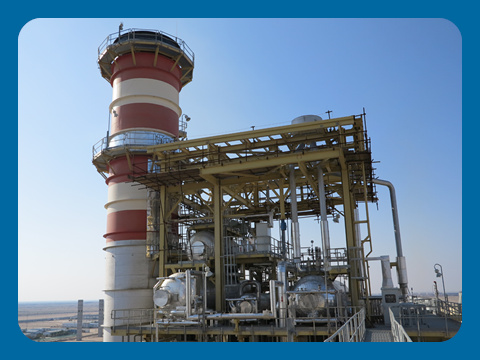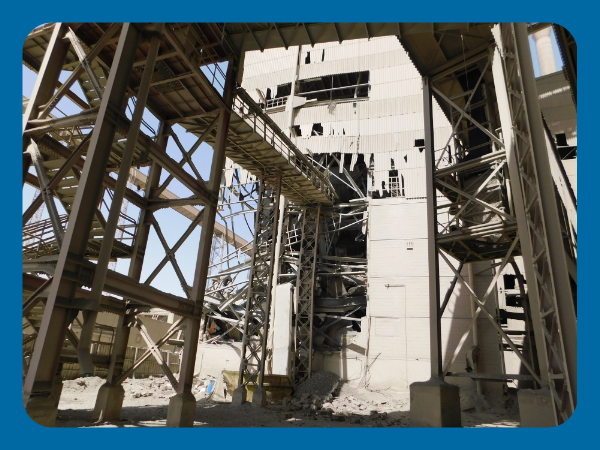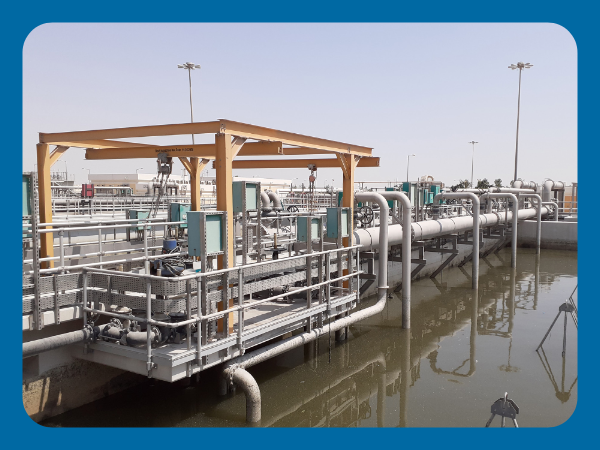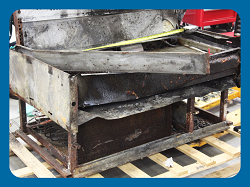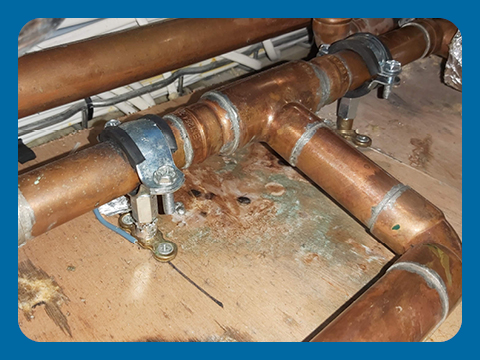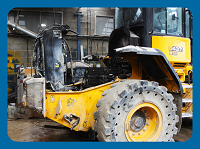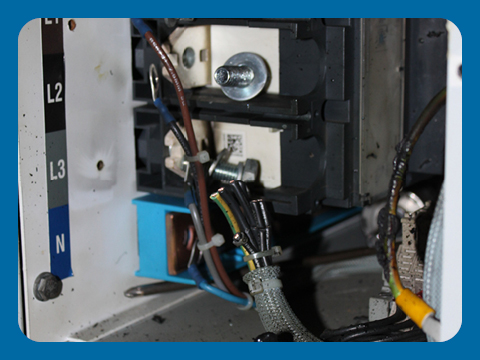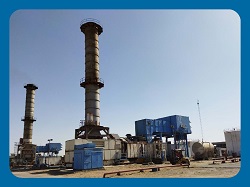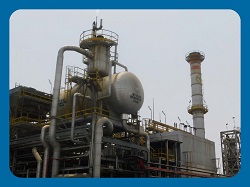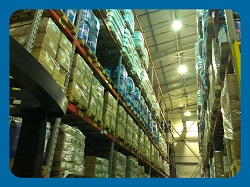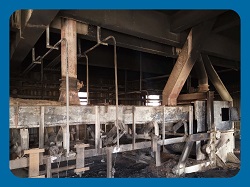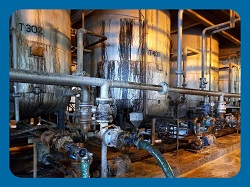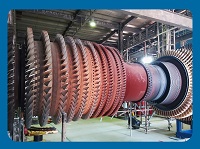When a project is in its early stages of execution, there is no physical property to survey or inspect. Despite this, underwriters are asked to make critical coverage decisions based only on the available documents, including specifications, drawings, and technical datasheets. These decisions are critical to the insurers asked to bind cover to what can become a very costly project.
 In the UK, the Insurance Act 2015 mandates that the insured provide comprehensive and adequate information during the submission process. Therefore, it becomes critical not only to insurers but also to the insured to guarantee that submitted documents present a thorough description of all risks associated with the project.
In the UK, the Insurance Act 2015 mandates that the insured provide comprehensive and adequate information during the submission process. Therefore, it becomes critical not only to insurers but also to the insured to guarantee that submitted documents present a thorough description of all risks associated with the project.
CEERISK understands the importance of proper engineering reviews of submission documents and has developed a service to critically evaluate them to ensure competence and adequacy. We also follow-up on any missing information and may respond with questions in order to ensure that the risk is thoroughly understood.
We have also been asked by insured parties to assist with the questionnaire forms they receive from insurers when some of the technical information is beyond their expertise. For example, when a large electric utility company adopted a paperless policy and sought to purchase insurance to cover against the loss of their secured data, they were asked to fill a very sophisticated questionnaire to understand the risks associated with their IT systems. CEERISK was available to assist with the process and to provide the necessary support.
Our desktop risk review services have proven instrumental for financial institutions looking to finance large and complex projects. They rely on us to verify compliance with environmental and social regulations, as well as international standards.
We provide information necessary to develop an understanding of the risks potentially associated with a project or a proposed business activity. The risks we evaluate include:
- Location risks, where we study the proposed geographical location and analyse natural perils, social and political stability, and accessibility in the event of losses
- Site conditions, where we study the condition of facilities
- Access to utilities, where we determine the availability of electric, gas, and water
- Social issues, where we comment on local codes, standards, and regulations with regards to fire safety, occupational health, code enforcement, and compliance requirements
- Environmental issues, where we study water use and quality, wastewater regulations, assorted materials (hazardous and non-hazardous), biohazards, energy use, and emissions

